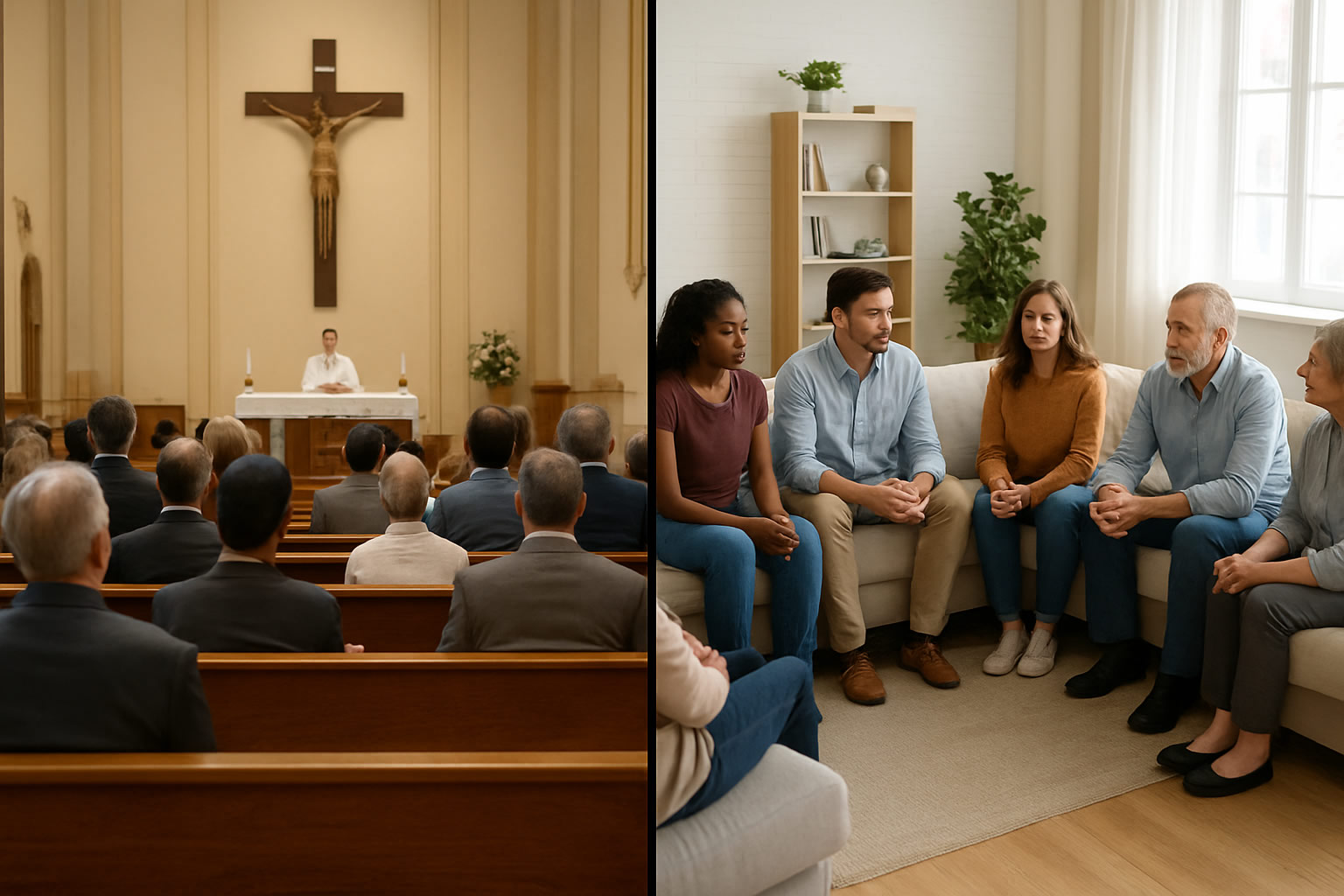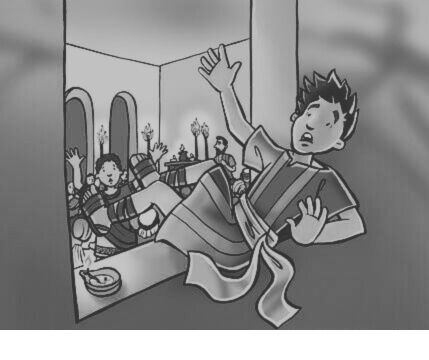Recovering from Institutional Church Hurts
Observations From My Journey 1970 – Date
Involved with: House Church, Open Meetings, Christian Commune, Charismatic, 5-Fold Ministry, Shepherding, Messianic, Homeschool Parent, Organic Participatory Non-Hierarchical Relational Ekklesia Fellowship (add your own adjective)
Many House Churches have members who have been hurt by their experiences in the Institutional Church. In some cases, the group is started by folks that are reacting to those unpleasant situations. They invested years in their Church, had many friends and relationships. But it ended badly. There was possibly mistreatment by a Pastor, a Pastor fell into sin, the church divided over different viewpoints on a Christian doctrine, A new pastor was hired and got rid of some of the leaders in the church…. The list is endless – fill in the blank.
The bottom line is that a place you thought was safe turned out not to be. The church was your spiritual family and you ended up leaving and loosing some of those friends that you thought you would have for life.
You got a hold of a book about house church, started reading the New Testament with different eyes. You discovered that the position of senior pastor was no where to be found in the bible. You started to realize that Christian Fellowship should be interactive, participatory, a dialogue instead of a monologue. You realized Christian Fellowship should be close friends that you share life with – not an event you observe on a Sunday Morning.
You started looking for a House Church in your area. If you didn’t find one, maybe you started one. Or maybe you are still looking.
Pitfall #1
How long does it take to heal from the wounds of the Institutional church? Obviously, there is no set answer to that. Everyone is on their own healing journey. There is comfort in sharing our stories and our hurts with others who can understand them and have possibly gone through the same type of things. New House Churches that are started by folks with that kind of history are good places to heal and detox.
However, warning – do not get stuck in that phase of spiritual life. There is a healthy period of time to debrief, talk over the hurts and find healing. Don’t keep doing that forever. That period of time has a focus on what we have learned from our past experiences in the Institutional Church. It helps us define the mistakes we made, and how we got roped into an unhealthy spiritual environment. It helps us frame the future and hopefully make better decisions going forward. It can also be a discovery time to see what about our personality allowed us to be manipulated into being a part of an unhealthy Church environment. It is a time that helps us define and see clearly “What we are Against” and what we do not want to be a part of again.
The pitfall can come from staying focused too long on “What we are Against” and not beginning to focus on “What We are For”. There comes a time where we have to stop living our Christian lives in reaction to past hurts in the institutional church and we must move onto to focusing on Christ. We must live with a view of the future and the joyous privilege of living in a relational participatory spiritual family.
Remember it is not what we are against – it is what we are for.
There is also the issue of how we view those who have hurt us in the past. The whole issue of forgiveness and realizing we are all broken vessels. That is another pitfall area to delve into……… to be continued……
© 2025 B Arnold Stein



